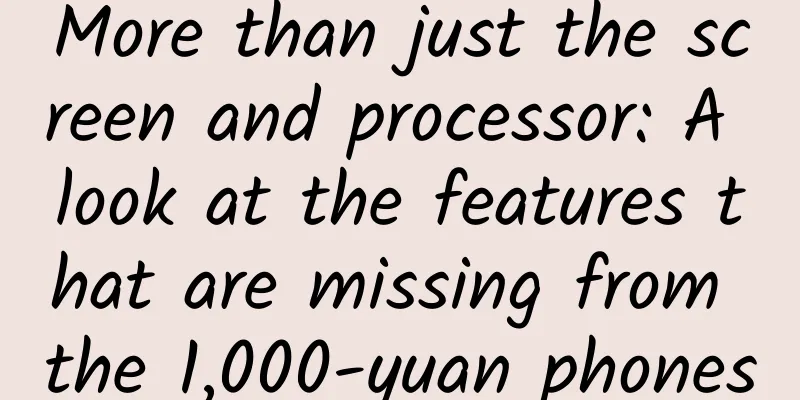After 5 years of development, Google quietly pushes the official version of Fuchsia OS: no longer based on Linux

|
Five years after its launch, Google's self-developed Fuchsia OS operating system has finally landed. Google has confirmed that starting today, users of the first-generation Nest Hub smart display will receive system update reminders. After the upgrade, the system will migrate from the previous Linux-based Cast OS to Fuchsia OS. However, under the new system, the functions and interface experience of Nest Hub are the same as before. This is mainly due to the fact that Nest Hub was previously developed based on Flutter, which also supports Fuchsia OS.
Of course, just as the early interface of Hongmeng is almost the same as EMUI, with the continuous iterations in the future, Fuchsia OS will have more and more independent, personalized UI, interaction logic, etc. Google has taken a firm step to abandon Linux. According to the information, Fuchsia OS is an operating system developed by Google based on the Zircon microkernel (not Linux). The kernel is written in C language and supports both arm64 and x86-64 processor architectures. It can be used in mobile phones, computers, smart watches, car entertainment systems and other embedded devices. |
<<: After interviewing dozens of designers, I summarized 12 common problems
Recommend
WeChat, QQ, Taobao, Alipay, Xiaomi... Here is a guide to 2018 Spring Festival red envelopes
As the 2018 Spring Festival approaches, the "...
The fallen rainforest brought about the industrial revolution and also brought about a global crisis
"Will the existence of life make this planet...
Zhuzhou Mini Program Franchise Company, how much does it cost to join a mechanical equipment mini program?
How much does it cost to join the Zhuzhou Mechani...
If there are no words like these on your down jacket, don’t buy it no matter how cheap it is! A very practical guide to choosing down jackets →
The weather is getting colder, and it is time to ...
iOS 18 has been updated again, bringing many new features!
This morning, Apple pushed out iOS 18 Beta 3, two...
If you don't lose weight in spring, you will regret it in summer? The secret of healthy and fast weight loss is revealed!
Review expert: Peng Guoqiu, deputy chief physicia...
Tik Tok product analysis report!
Tik Tok ’s functions are becoming more and more d...
How to write a hit short video title
Recently, many friends in the short video industr...
Can the ketogenic diet "starve" cancer cells? The list of scientific rumors in October 2024
1. As long as you don’t have a headache or feel d...
The "Fuxing" train has officially hit the Qinghai-Tibet Line. It's called the "Fuxing" train. What's the difference between it and the ones we usually take?
According to Xinhua News Agency, the Fuxing bulle...
How to use the "Apple Store" monitoring tool
Recently, I have heard many CPs discussing ASO . ...
Event planning and promotion丨A universal event planning solution!
There is actually no shortcut to planning an even...
Operation and promotion: refined omni-channel operation plan!
I’ve spent a lot of money on advertising, but why...
Are you worried about radiation when you hear you need to take a "X-ray"? The doctor tells you the truth
When at work: Computer radiation is very strong W...
Zhihu operation and promotion: How to quickly occupy the best promotion position on Zhihu?
The traffic matrix is accumulated, not achieved...









